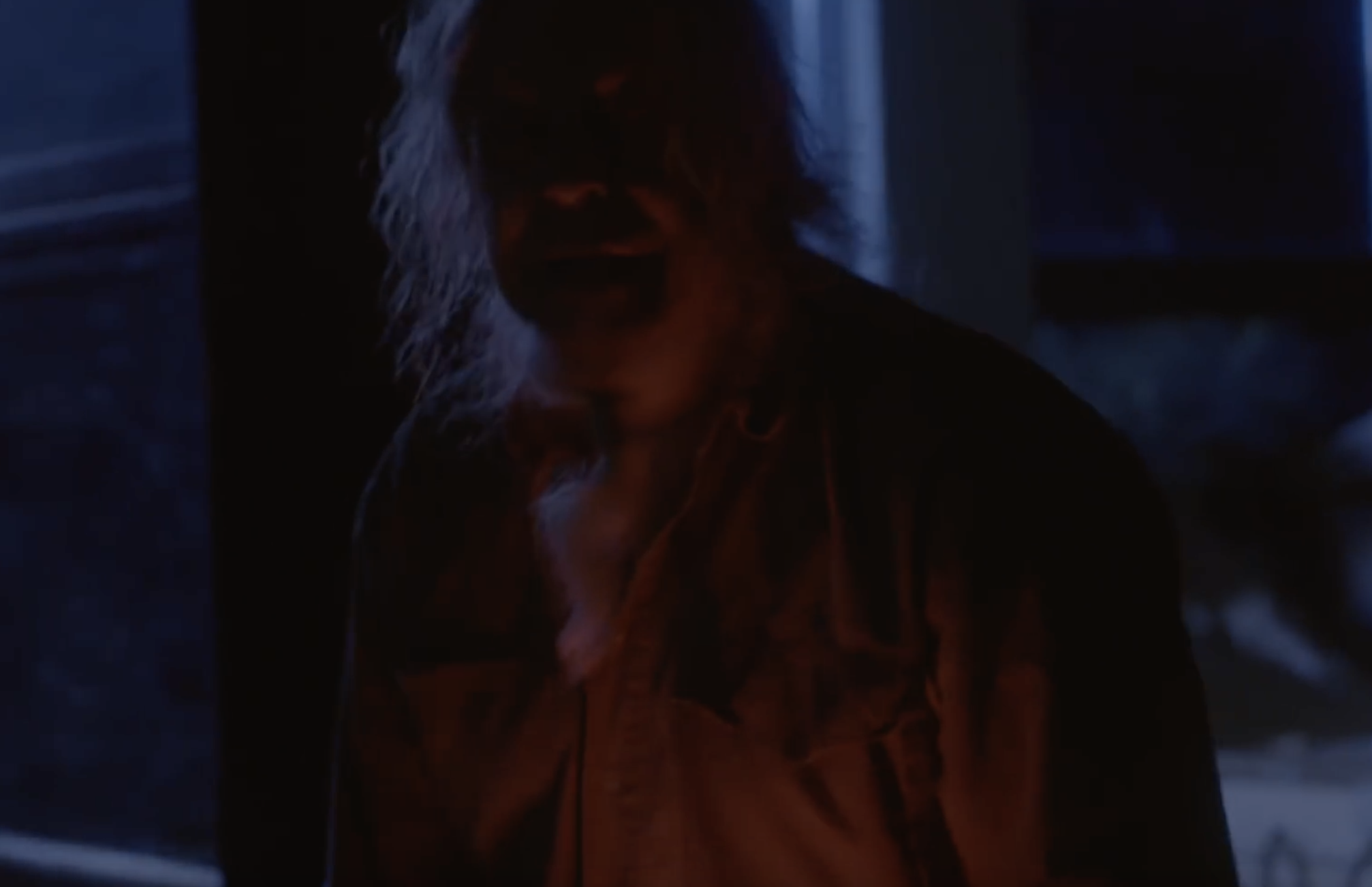The horror genre possesses an inescapable and misleading reputation for being all murder and jump scares with little substance to offer, which I find leads to a culture of dismissiveness from many a movie-goer. This is certainly the case for numerous horror flicks, yet it is no different from the ups and downs of any other genre. For every Get Out there is a Birdemic, meanwhile David Gordon Green’s Halloween sequel has stormed the box office, and deservedly so given its faithful understanding of what made the original a classic 40 years prior.
There is one film I have seen this Halloween, though, that made me feel as delightfully tricked as I was treated.
Seth A. Smith’s low-budget 2017 film The Crescent is the type of film where, for the first half at least, I expected things to start going wrong, and for a while I thought it did. But once the second half rolls around, Smith’s debut reveals itself in unexpected ways, justifying almost every aspect of its slow-burn opening, which borders on frustration when first watched.
The story follows Beth (Danika Vandersteen), an artist and grieving widow who decides to take her toddler son Lowen (Woodrow Graves) out to her vacant family beach house to ease the recent loss of her husband. What begins as a much-needed escape from her grief then turns into a nightmare, as the locals seem to be hiding a sinister secret that centres around Beth and Lowen.
Given its low budget, Smith wisely opts for something of an arthouse approach to his visuals, though this can occasionally hint at an amateurish sensibility that, in actuality, betrays The Crescent’s true depth upon initial viewing. What kept my hopes up throughout its early meditative approach is the opening sequence, which coalesces a bombarding score with visceral imagery in a manner reminiscent of the horror classic Don’t Look Now.
I made this comparison several times to myself throughout, as much like Don’t Look Now, I progressively gained the sense that there is a much greater understanding of fear and psychology than is initially presented, and that what seems to be a simplistic representation of grief does in fact possess great nuance.
Coming into its second half, every piece assembled by Smith starts coming together in wholly unexpected and insightful ways. I am particularly impressed by Smith’s grasp on the relationship between narrative and visuals, as the writer-director places snippets of evidence right before the viewer whilst giving nothing away, only to tactfully piece it all together in such an emotionally resonant package. Nonetheless, it is a shame that Smith’s opening fails to fully justify such an alienating setup for what becomes a truly engaging horror with some chilling visuals.
Furthermore, it is never a good sign when the standout performance is from a toddler, with Woodrow Graves delivering the most believable performance in a cast that ranges from Vandersteen’s bland, one-dimensional depiction of a grieving widow, to Terrence Murray’s hammy demeanour as The Crescent’s villainous presence. Such performances can act as a minor distraction from Smith’s multi-faceted screenplay, which deserves layered expression beyond the realm of its words.
The Crescent is a welcome change of pace to the usual horror fare, offering more substance than any mere mindless slasher, though the pacing of such slashers tends to flow more seamlessly from start to finish. Despite its slow, albeit deliberate start, Smith’s film is greater than the sum of its well-conceived parts, proving that you do not need to consistently scare the bejesus out of viewers to make an effective psychological horror film.

